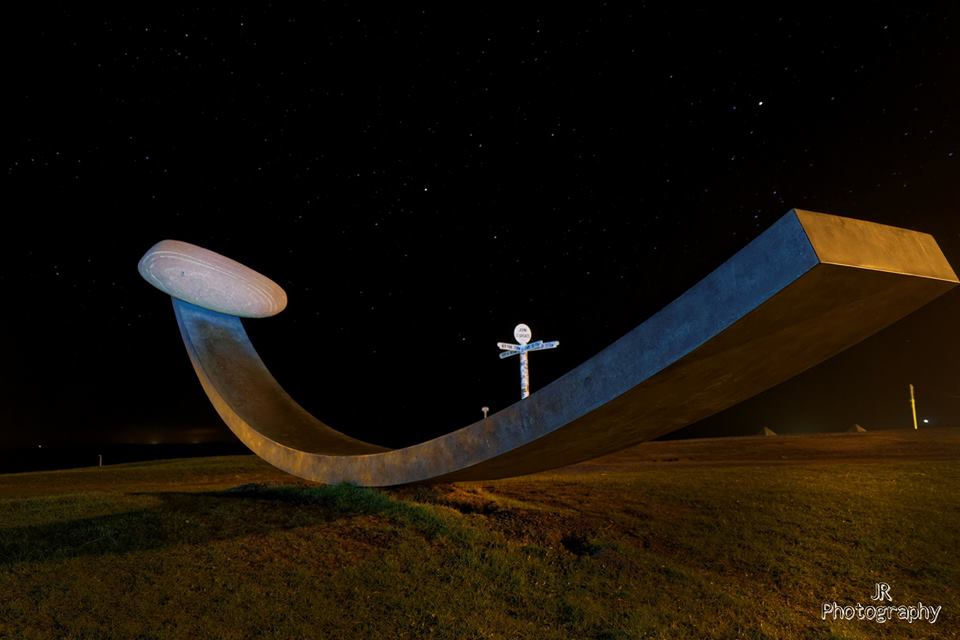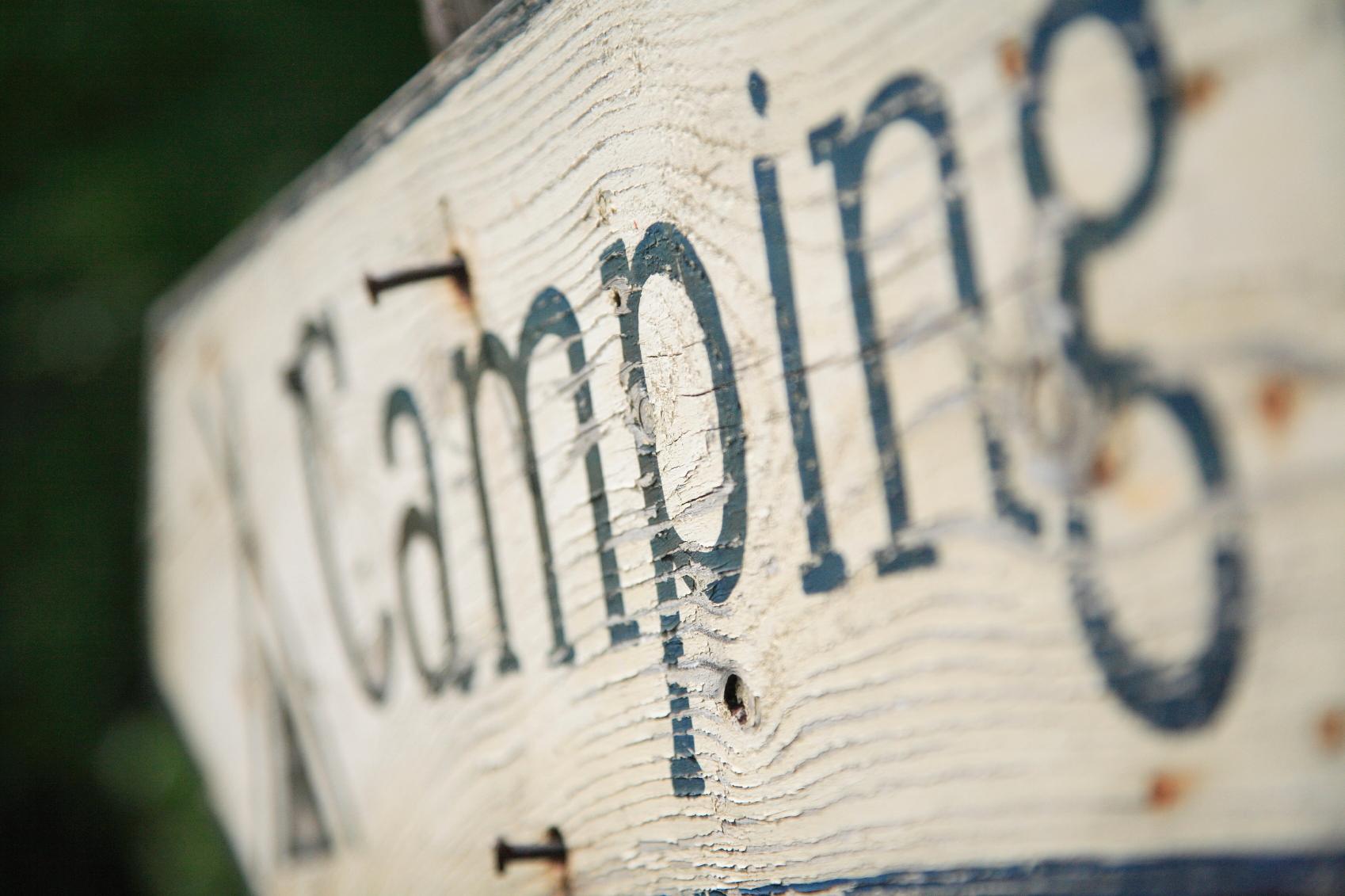From Chile to Caithness
Always expect the unexpected!

Caithness has so much to offer both those that call it home and those that visit. One thing to remember when visiting Caithness, is always expect the unexpected. If I told you that you would find poetry by a Noble Prize winning Chilean poet carved into the ancient rock in a Caithness Bay, you'd probably think I had gone round the twist. Well, I haven't and you most definitely can find lines from Pablo Naruda's collection Las piedras del cielo - Sky Stones - which was published in 1970.
The carving was discovered by Edgar White, a local man, in March 2013. Their creator remains unknown. So why are they there? The answer is that no-one really knows. At the time of their discovery, Dominic Moran, a tutor in Spanish at Oxford University's Christ Church college who specialises in Spanish American Literature said that "given the poet's themes it was a fitting location to find the words". "A line-and-a-half carved into the rock reads 'Cae el alma del hombre al pudridero/con su envoltura frágil', which might be translated as something like 'Man's soul, with its flimsy wrapping/falls into the cesspit'." Mr Moran says that "given the subject matter I can't think of a more apt place for that particular line to be carved - not just on a rock, but on a rock on the shore."
So what do we know about the poet himself? Born in 1904, Naruda grew up in southern Chile. By the time he had finished High School, Naruda had already been published in local papers and won literary awards. In 1927, he sailed from Buenos Aires for Lisbon, ultimately bound for Rangoon where he had been appointed honorary Chilean consul, although he wasn't qualified for the position,he was totally unprepared for the poverty and squalor which faced him in Rangoon. Naruda's politics played a big part in his poetry and in his life. If you'd like to know more about Pablo, check out https://www.poetryfoundation.org/poets/pablo-neruda.
Just remember when exploring Caithness, always expect the unexpected!
References:
Caithness beach 'apt' site for poet Neruda's words
https://www.bbc.co.uk/news/uk-scotland-highlands-islands-21903438#:~:text=A%20poem%20by%20Pablo%20Neruda,political%20activist%20died%20in%201973.&text=Mr%20Moran%20said%20the%20words,which%20was%20published%20in%201970.
Accessed 18th November 2020
Poetry Foundation
https://www.poetryfoundation.org/poets/pablo-neruda
Accessed 18th November 2020











